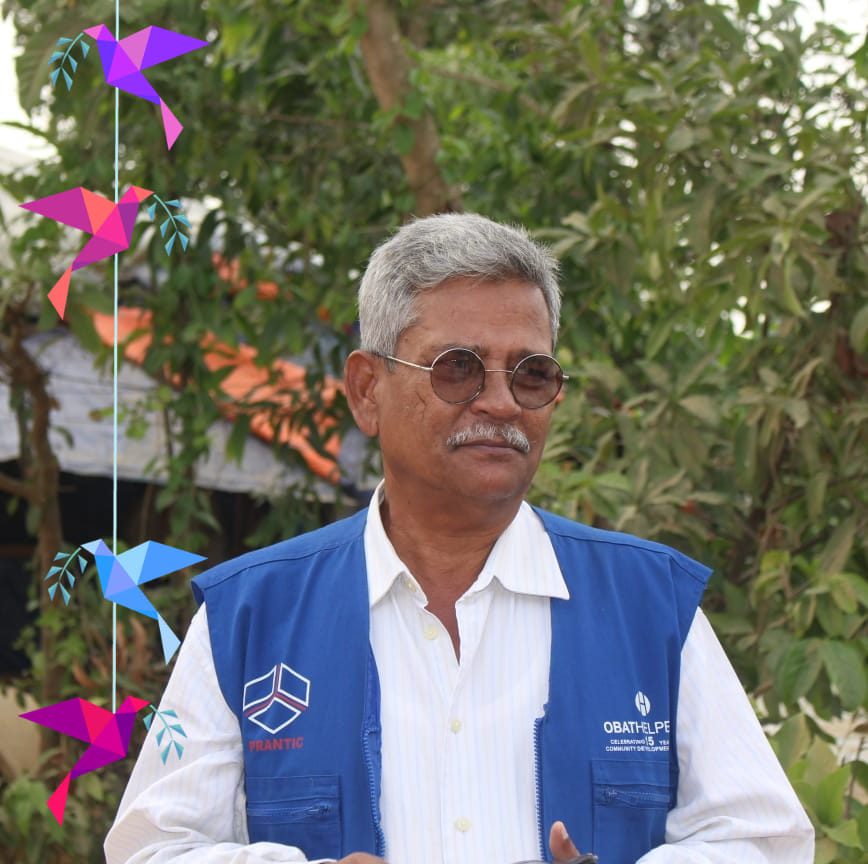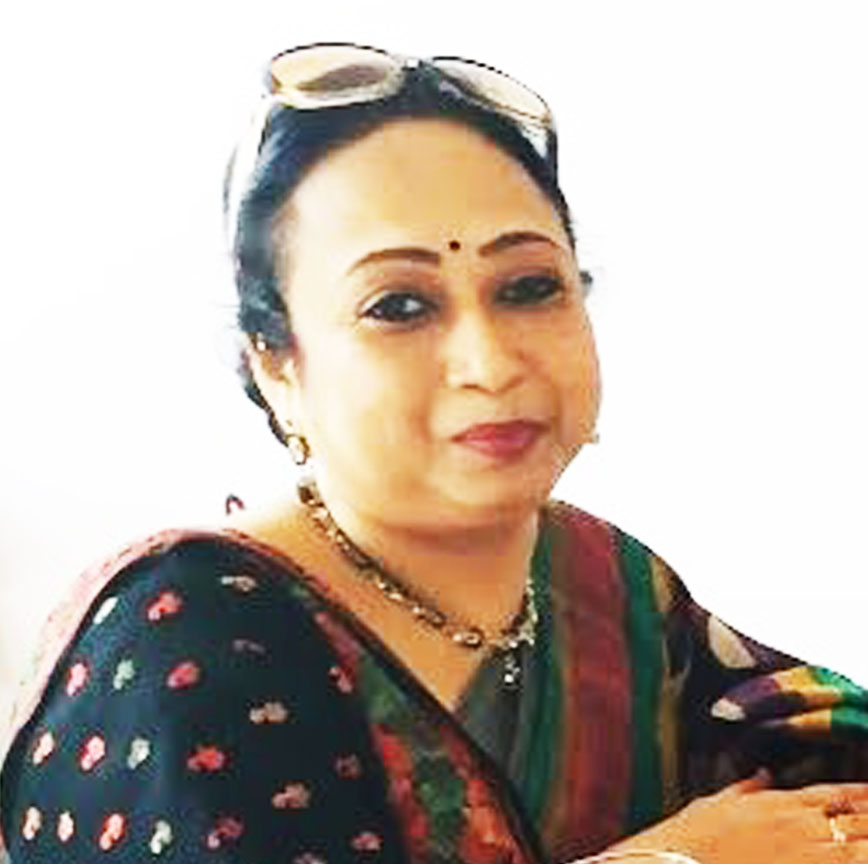Prantic Background
Contributor2025-01-04T10:37:59+00:00Welcome to Prantic Unnayan Society
Prantic Unnayan Society (Prantic) was established in 1998 targeting to address the vulnerable women and children living in urban and rural areas.

AFM Rezaul Karim
FOUNDER CHAIRPERSON

Arifun Nahar Ahmed
CHAIRPERSON
Under the dynamic leadership of Mr. AFM Rezaul Karim the Founder Chairperson and Executive Director of Prantic, a team of like minded youths having experience, skill and commitment in working for the poor contributed to establish this organisation. Idea of establishing such organisation came in mind while the Chairman was leading a community initiated relief program to support the flood victims in 1998 living in the slum areas near the capital city Dhaka. Prantic is now working in three upazilas under two districts of Bangladesh.

